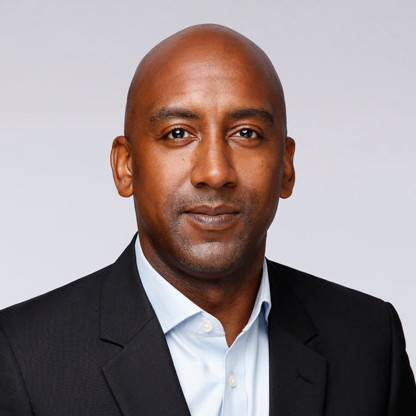SPECIALIST SAPTALENT PARTNER
I help organisations across North America hire specialist SAP professionals across cloud and transformation projects, covering IBP, BTP, S/4HANA Supply Chain and SAP Analytics, that support digital supply chain programmes.
SPECIALIST SAP TALENT PARTNER
I help organisations across North America hire specialist SAP professionals across cloud and transformation projects, covering IBP, BTP, S/4HANA Supply Chain and SAP Analytics, that support digital supply chain programmes.
AREAS OF EXPERTISE

SAP IBP:
I place SAP IBP consultants and architects delivering demand, supply, inventory and S&OP cloud programmes.

SAP BTP:
I recruit SAP BTP architects and specialists across integration, extensions and Clean Core initiatives.

SAP S/4HANA:
I support hiring for SAP S/4HANA Supply Chain delivery roles across planning, procurement, fulfilment & manufacturing.

SAP Analytics & Data:
I place SAP Analytics talent supporting SAP IBP, S/4HANA and BTP-led programmes.


Who I am
I’m Paul Isaacs, founder of Selsdon Partnership, a boutique SAP recruitment firm built on over 20 years of experience helping businesses hire the right people, not just fill roles.
As an independent specialist, I work directly with clients across North America to connect high-performing SAP professionals with transformation programmes across IBP, BTP, S/4HANA and Analytics.
I keep things simple: clear communication, fast delivery, and a personal, hands-on approach that large agencies often can’t match.
SERVICES I OFFER
I provide specialist SAP recruitment solutions tailored to each client’s priorities. Whether you need permanent hires, short-term project contractors, or flexible contract-to-hire options, I help you secure the right people quickly and confidently.
Beyond candidate delivery, I also run bespoke search campaigns, share current market insights, and benchmark salaries so you can make informed hiring decisions. Every search is managed directly by me, from briefing to placement, ensuring quality, speed, and transparent communication throughout.


Permanent Placements

Contract Staffing

Contract-to-Hire

Bespoke Search Campaigns

Market Insights & Benchmarking

Candidate Vetting & Screening
ENGAGEMENT MODELS
On Demand Partner
For urgent or hard-to-fill roles
Specialist Partner
Targeted hiring in niche SAP areas
PSL Partner
Embedded SAP recruiter within your Preferred Supplier List


SAMPLE PLACEMENTS
SAP IBP Consultant
Global Retailer, Dallas
SAP BTP Architect
SAP BTP Architect – U.S. Consulting Firm (Remote)
SAP SD Consultant (Contract)
Energy Firm, Houston
SAP PP Consultant
Manufacturing Client, Austin


My Mission, Vision & Values
Mission
My mission is to connect exceptional SAP talent with organisations across North America, enabling mutual growth and long-term success. I aim to be a trusted recruitment partner for both SAP professionals and businesses driving transformation.
Values
Guided by integrity, excellence, and collaboration, I focus on building lasting relationships through clear communication, honesty, and exceptional service.
Roles I COVER
I recruit across all levels from niche specialists to Architects, Leads, Managers, and Directors, ensuring every hire aligns with your business objectives and project needs.




